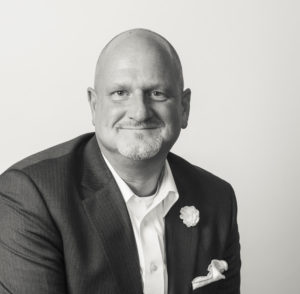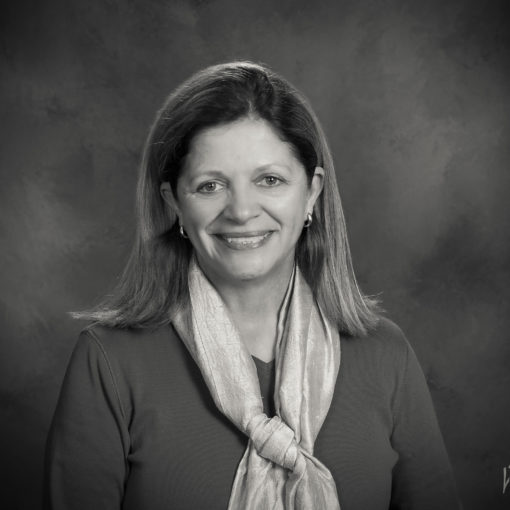
Anthony Paustian | Chief Administrative Officer – Provost, DMACC West Des Moines Campus
The Idea: If Des Moines is going to be a center for tech, innovation and business startups, then we have to get serious about truly inspiring young people into STEM-related fields by creating more STEM-focused, easily accessible and free events that provide opportunities for direct interaction with role models ― some famous, all inspired.
To quote the Smithsonian, “Four billion people on the planet use a mobile phone, while 3.5 billion people use a toothbrush. In the past two years, 90 percent of all of the world’s data has been generated. NASA plans to set foot on Mars in the next 20 years, and driverless cars are already being tested in Europe. The future is here, and it requires a citizenry fluent in science, technology, engineering, and math (STEM).” However, “78% of high school graduates don’t meet benchmark readiness for one or more college courses in math, science, reading or English,” and “over 2.4 million good-paying STEM jobs are projected to go unfilled this year.”
A STEM crisis is upon us.
We need ways to get people to stop looking at the world through tiny screens and challenge them to engage with the universe in new ways. And while we’re seeing increased efforts to help motivate students through the development of makerspaces, STEM-focused summer camps, specialized curriculum, and interactive learning spaces, I believe the most meaningful approach to inspire people is through storytelling and direct interaction with the people who are the stories: current, living creators of new ideas and developers of the latest innovations.
Through engagement with the “who behind the what,” the stories come alive and create an emotional impact. Through events like ciWeek (Celebrate! Innovation Week ― ciWeekExperience.com), amazing people are brought to Des Moines and made accessible to everyone ― not for a limited group able to afford high ticket prices. While Des Moines has many great events focused on music and the arts, we need more STEM-focused events like ciWeek that provide easy, free access to people.
Psychologists suggest that when a person’s behavior is reinforced, it’s more likely that it will occur again. They have discovered a powerful link between what we’re exposed to as children and the choices we make later as we enter adulthood.
Reinforcement shapes people’s priorities, and our priorities have definitely changed. What’s reinforced today? Sports. The last time I checked, there weren’t many pep rallies, booster clubs, cheerleaders, decorated lockers, bleachers full of cheering fans, or trophy cases adorning the halls in support of STEM-related activities in schools.
In the past, the United States always had a strong tradition of scientific innovation, such as the Apollo program and the internet. However, it also has seen rapid declines in patent filings compared with other countries. China has outstripped both the U.S. and Europe in numbers of graduate students. China has almost 5 million graduate students in STEM, compared with a little over a half-million in the U.S. In light of these numbers, it’s easy to become concerned about the future.
In 2015 during ciWeek 6, the late Gene Cernan (Gemini 9, Apollo 10, Apollo 17, and the last man to walk on the moon) said to me, “There’s nothing big to stimulate the passion of young kids in this country today. I’ve had 50- and 60-year-old people say, ‘Gene, thank you for what you did. I’m an engineer, a teacher, a scientist because of Apollo.’ We need to rejuvenate that.” >



